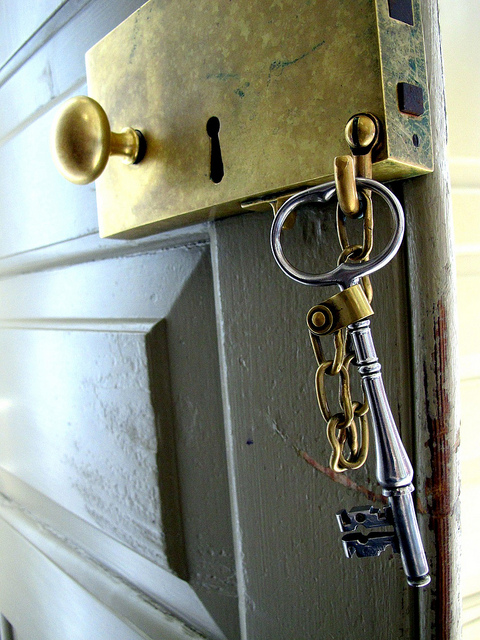Article by Daniel A. Levy, Esq.
In New Jersey, a person commits a burglary if they enter or remain within certain types of structures without having license or privilege to do so, with the intent to commit an offense. This is discussed at N.J.S.A. 2C:18-2a and related statutes. When we represent a client in a criminal defense case involving burglary one of the main arguments involves the issue of whether the client was allowed to be in the structure to begin with.
During a criminal trial, the judge would typically explain to the jury that the state must prove beyond a reasonable doubt that the defendant was not allowed to be inside that specific structure. Certainly, if a defendant breaks into a building, the jury could conclude that the defendant was not allowed to be in the structure. However, this is not necessarily an open-and-shut question, even with a break-in. Specifically, a person could have been given permission to enter a building but had to break in for some unrelated reason. For example, if a business owner told a worker to pick up items at his store but the worker lost the key and chose to climb into the window.
But what about situations where the defendant is literally invited into the premises by the person who lives there. In such a case, can there still be a burglary? How can the State prove beyond a reasonable doubt that the defendant did not have permission to be inside if the defendant was literally invited inside?
This was a question recently raised at the Appellate Division in the case of State v. Zembreski. In that case, the defendant was at a casino-hotel and saw the victim gambling and then return to his hotel room. The defendant banged on the door and claimed he was an FBI agent investigating a crime. There was a discussion that included threats to prosecute the victim and what was apparently a drawn out ruse, which resulted in the defendant walking away with a $500 casino chip that the victim was tricked into handing him.
Zembreski was convicted of burglary and appealed, arguing that he could not have committed a burglary since he was invited into the hotel room and therefore he had “permission” to be there. The Appellate Division disagreed, and pointed out that Zembreski was only invited in because he lied and claimed that he was an FBI agent, clearly with the intention to commit a crime.
What we are reminded from this case is that even if a defendant is given permission to enter, they can still be convicted of burglary. The defense attorney would need to properly investigate the circumstances about any invitation to enter and attack the prosecution’s arguments that entry was secured only by deception.


